Polarization | Cleavages | Social Networks | Political Sociology www.jonadejong.com
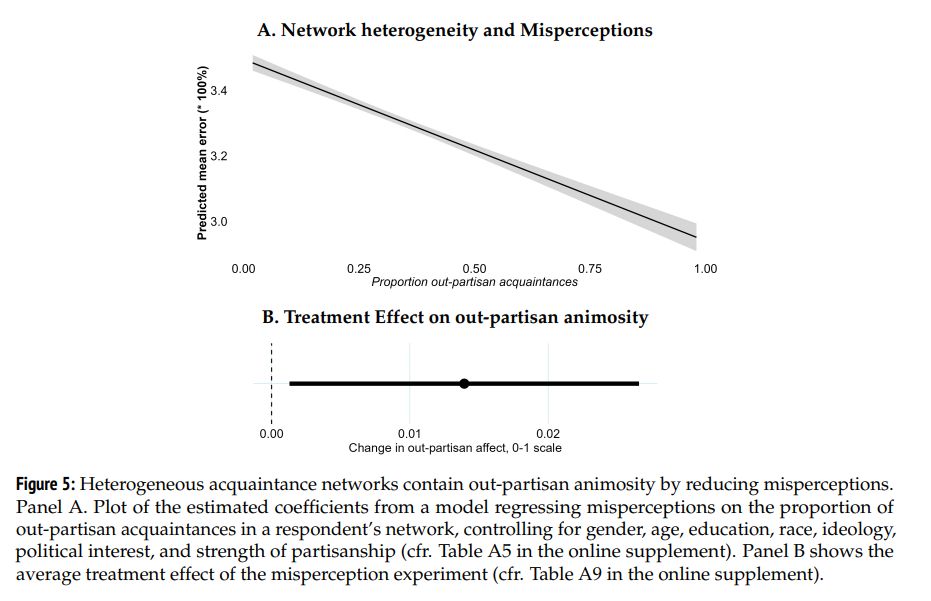
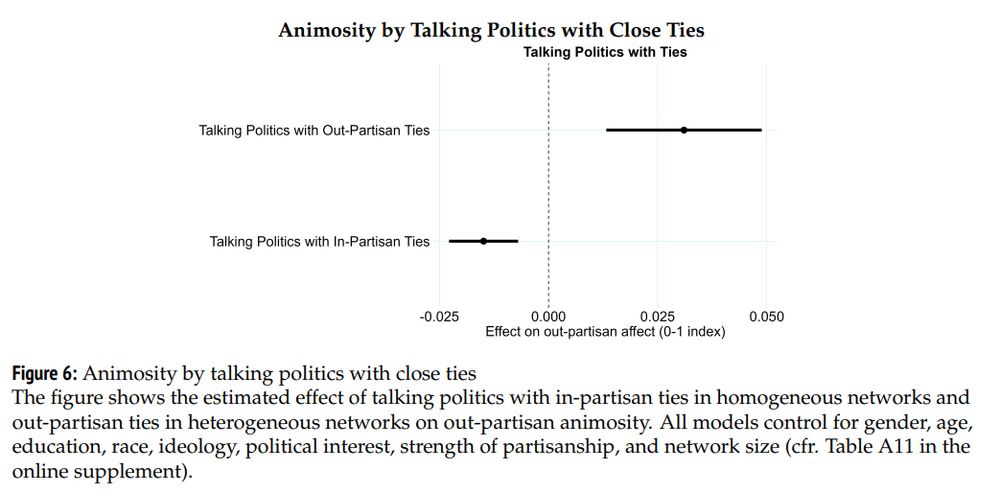
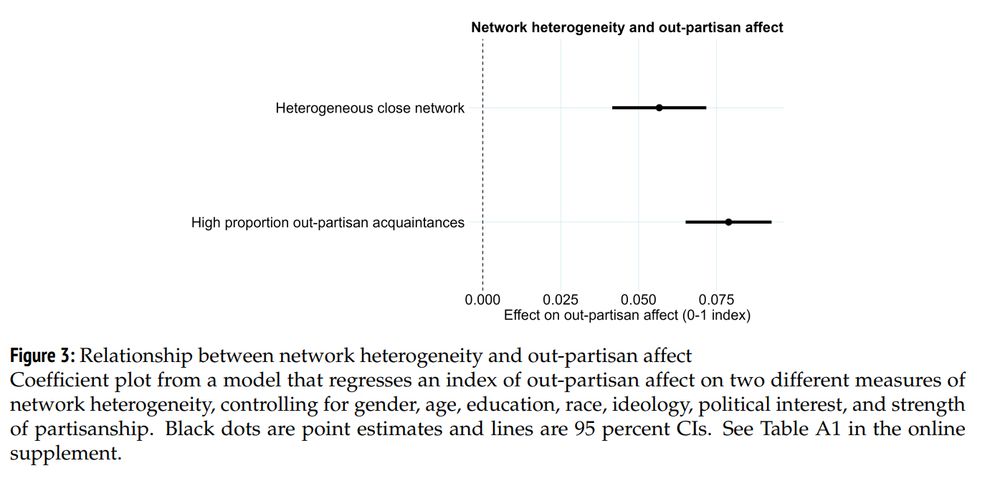
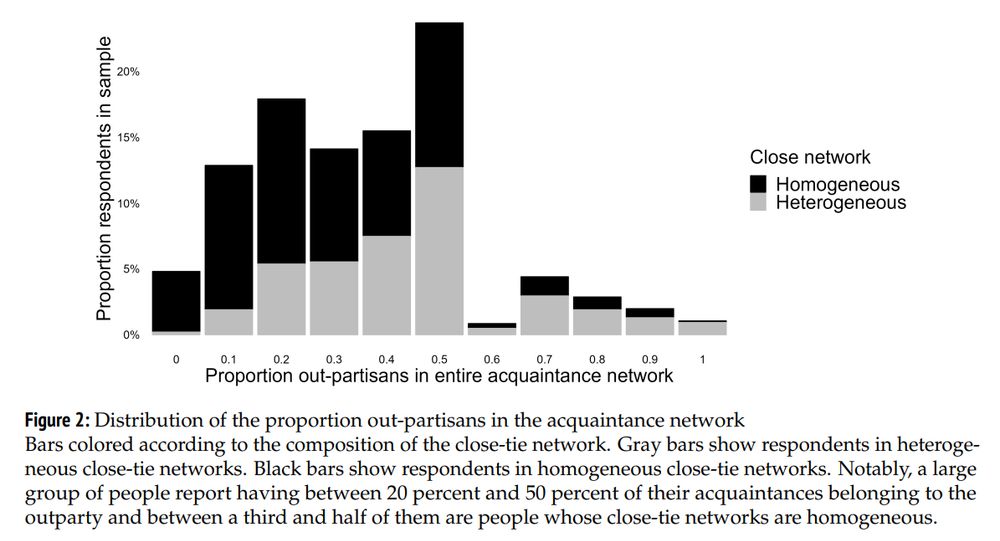
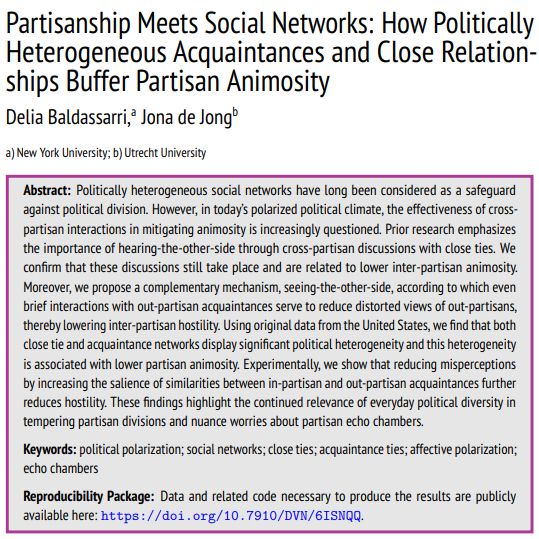

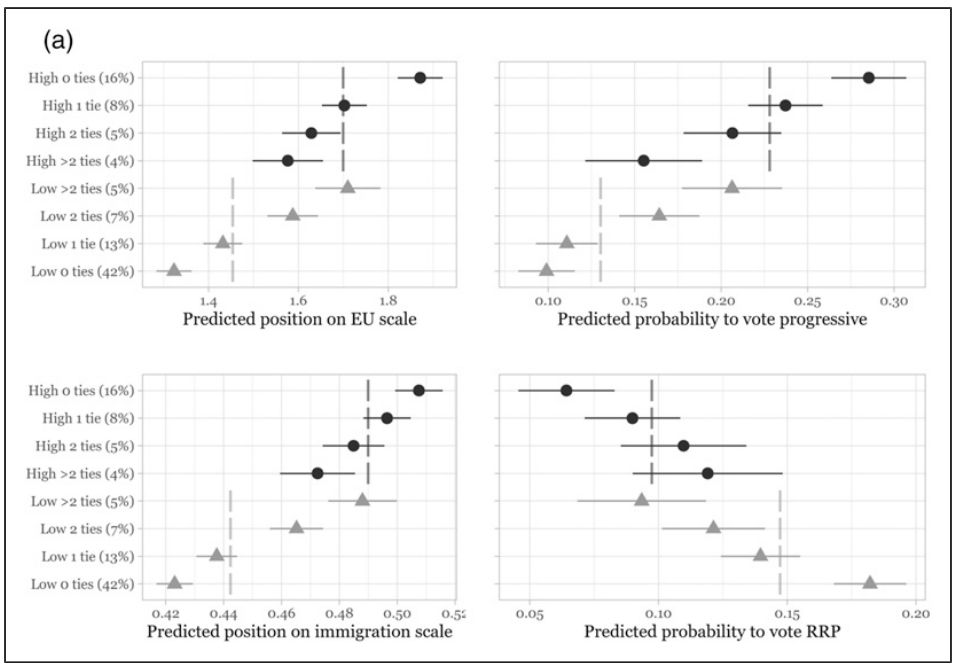
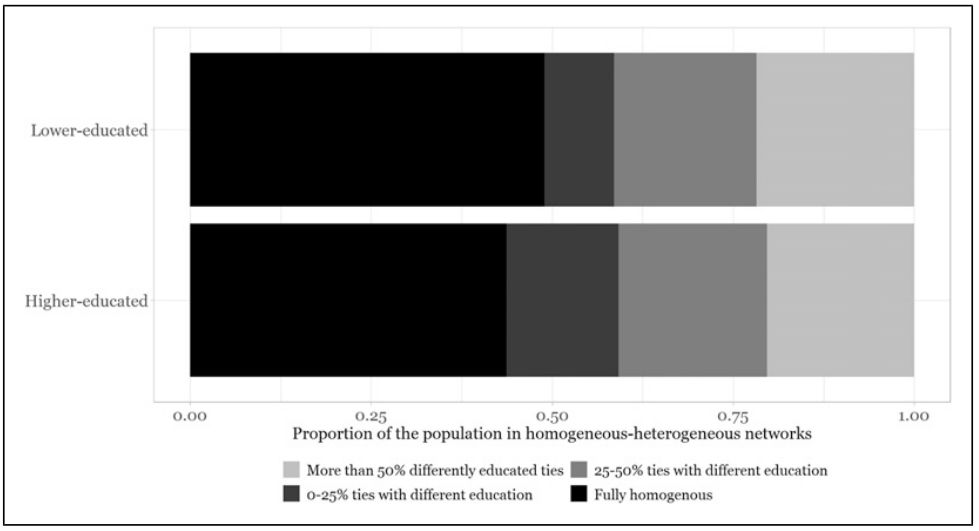
Link: doi.org/10.1177/0010...
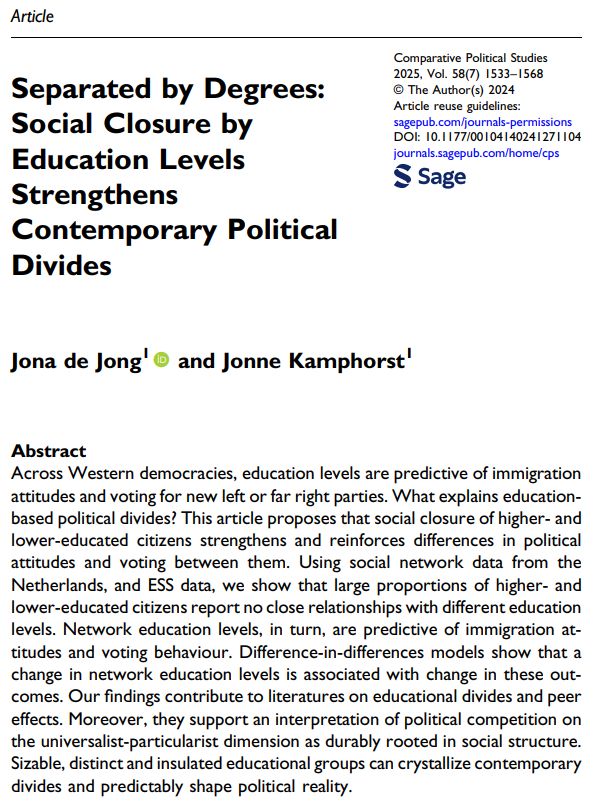
Link: doi.org/10.1177/0010...


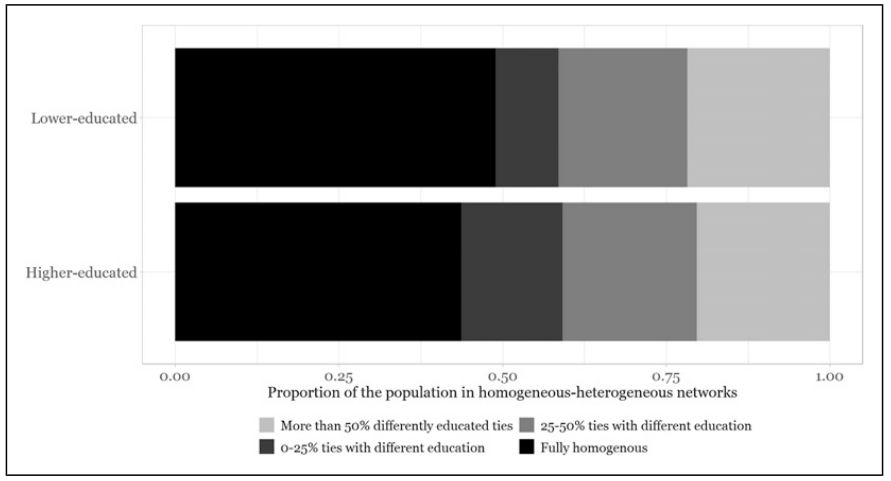
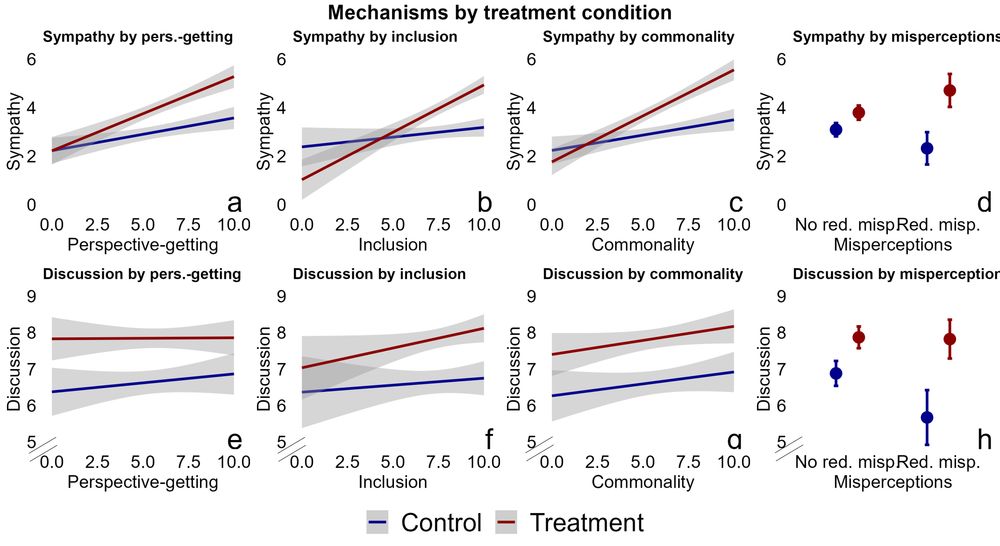
Remarkably, Conservative voters are found to soften their views just before the discussion, when asked to provide them publicly to their discussion partner. (5/7)
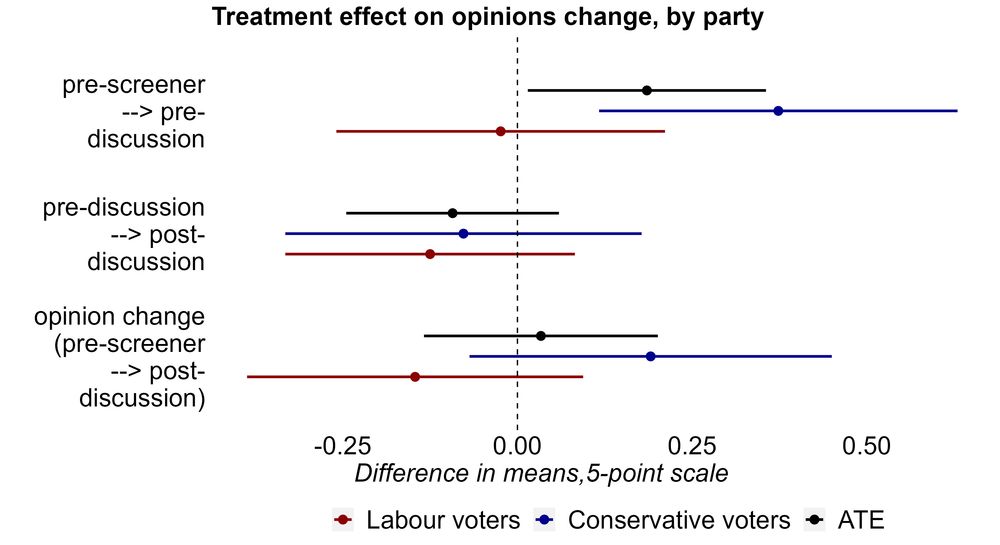
Remarkably, Conservative voters are found to soften their views just before the discussion, when asked to provide them publicly to their discussion partner. (5/7)
Indeed, I suggest in the paper, unexpected agreement may be partly driving the salutary effects of these discussions in this article and in others. (4/7)

Indeed, I suggest in the paper, unexpected agreement may be partly driving the salutary effects of these discussions in this article and in others. (4/7)
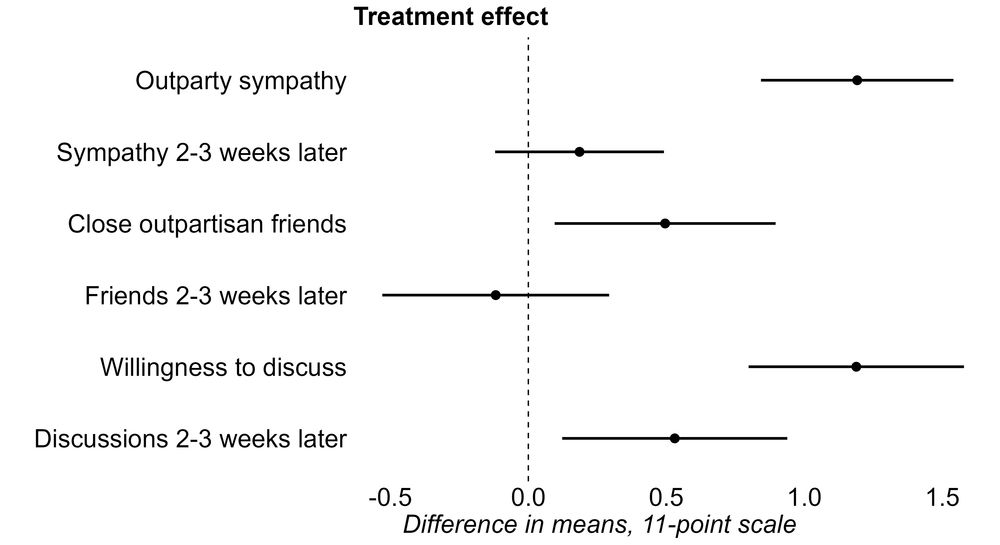
We designed a setting where people could freely discuss and potentially disagree, refraining from providing moderation or discussion tips.👇 (2/7)

We designed a setting where people could freely discuss and potentially disagree, refraining from providing moderation or discussion tips.👇 (2/7)
In a new publication, just out in Nature Communications Psychology, I study these questions with an experiment in the UK.
https://www.nature.com/articles/s44271-023-00051-8. (1/7)

In a new publication, just out in Nature Communications Psychology, I study these questions with an experiment in the UK.
https://www.nature.com/articles/s44271-023-00051-8. (1/7)

